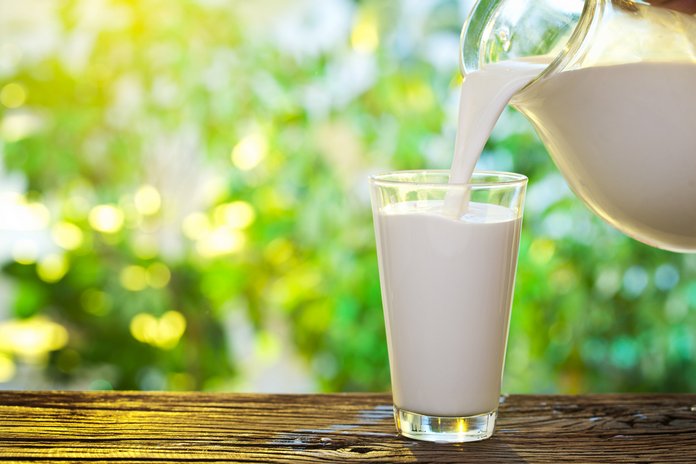15 Incredible Health Benefits of Milk
Milk is an excellent – and in many parts of the world primary source – of nutrition for young mammals before they are able to digest other types of food. It contains proteins, fat, carbohydrates, vitamins, and minerals. It is a complete food source for young mammals. It is pasteurized to kill harmful bacteria and homogenized to prevent the cream from separating from the rest of the milk.
Nutrition facts
One cup (250ml) of whole milk contains 8 grams of fat, which is 11% of the recommended daily value. It also has 5 grams of saturated fat, which is 25% of the recommended daily value. While this may sound like a lot, it’s important to remember that fat is an essential part of a healthy diet. Fat helps the body absorb fat-soluble vitamins and minerals, it provides energy, and it aids in brain development.

A 100 g of milk has the following nutrients (1)
| Amount Per 100 g | |
| Calories | 42 |
| Protein | 3.4 g |
| Carbohydrate | 5 g |
| Fat | 1 g |
| Potassium | 150 mg |
| Sodium | 44 mg |
| Calcium | 370 mg |

